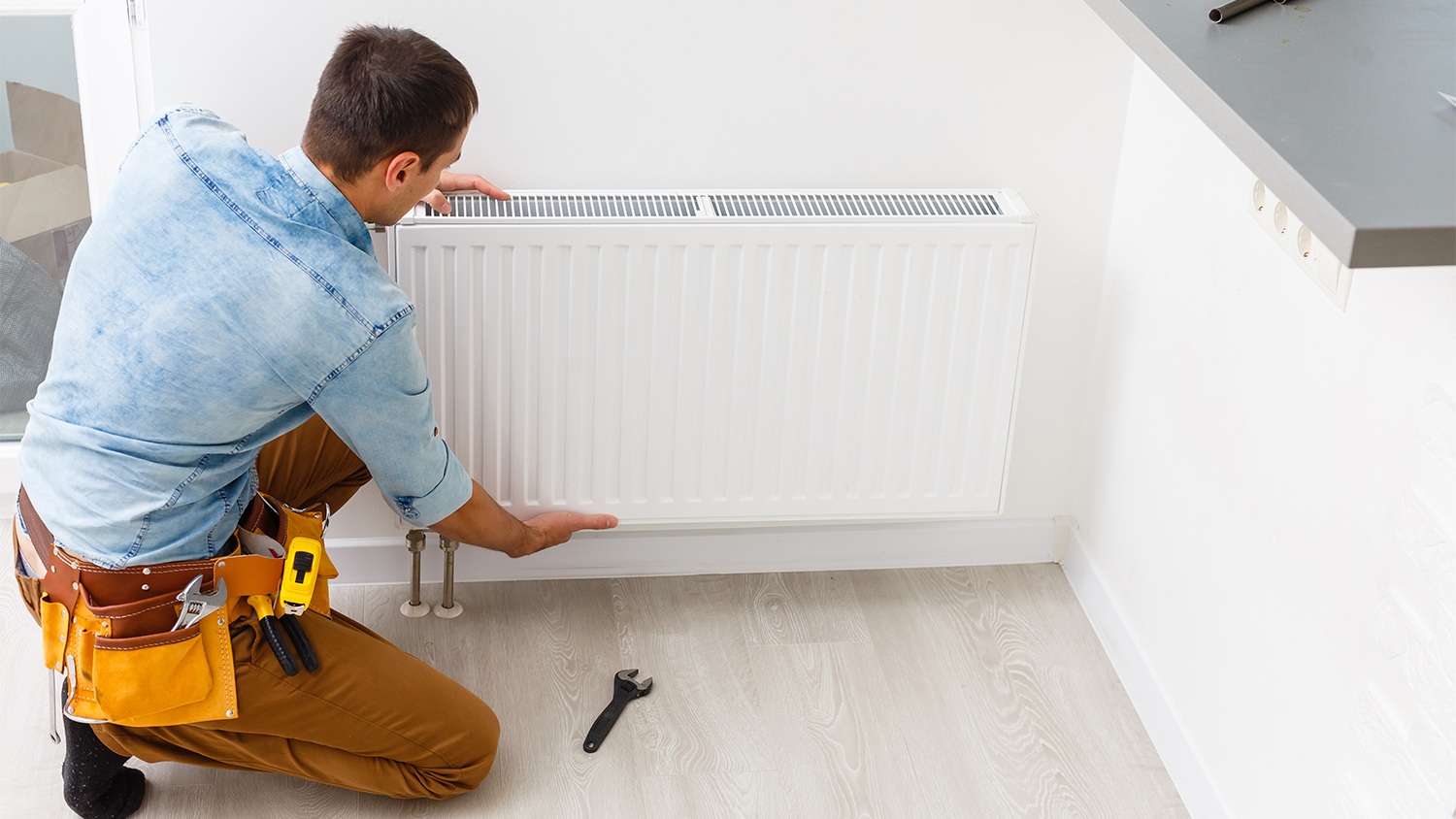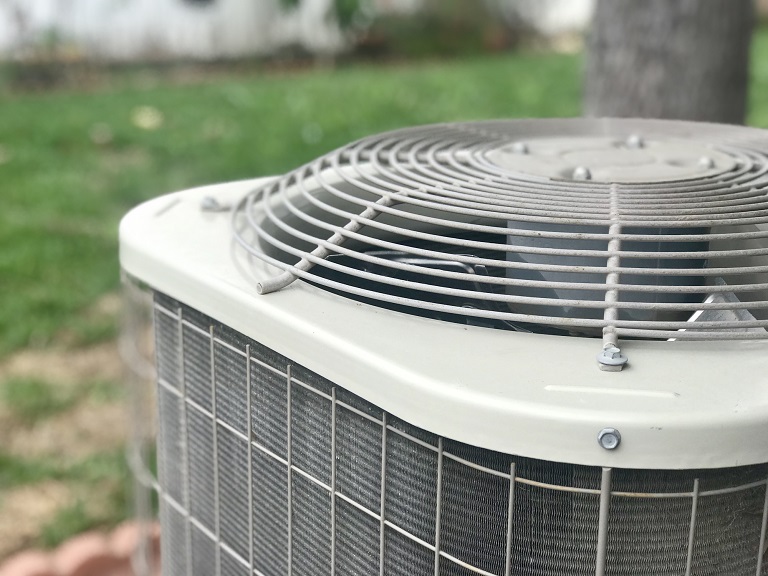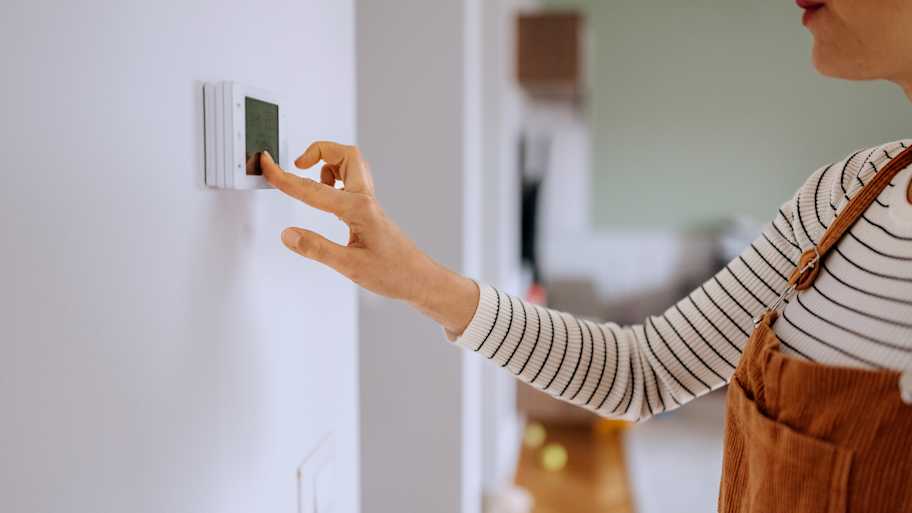
Average costs of HVAC inspections vary based on house size, location, and type of HVAC system. Follow our easy guide to gauge your home’s HVAC inspection cost.
Hot tips to keep you out of the cold


Replacing a faulty furnace can lower your monthly energy bills.
A gas furnace with a yellow or orange flame indicates there's carbon monoxide present in your home.
Most well-maintained heating systems last for 15 to 20 years.
Your heating system plays a crucial role in your home, helping to keep you warm and cozy during the cooler months. So when this system is on the fritz, it can put a serious damper on the cozy little bubble you’ve created. Fortunately, you can often catch a faulty heating system before it goes out by keeping an eye out for a few warning signs.
It's not uncommon for healthy heating systems to make occasional noises, but if you notice your system making strange or more frequent noises, it could signify a problem.
Some common HVAC noises to listen for include banging, squealing, and rattling. Banging or rattling might indicate a problem with your system's blower assembly or motor. Rattling might also mean a problem with the fan's motor. Compressor-related problems often make a squealing or screeching sound.

If you notice an increase in your monthly energy bills, it could be due to a faulty heating system. As heating systems age, they lose their energy efficiency because they have to work harder and run longer to heat your home, driving up your utility costs.
To figure out if your heating system is as energy-efficient as it should be, check the system's annual fuel utilization efficiency (AFUE) rating and see if it aligns with your energy bills. Older systems often have an AFUE of 56% to 70%, but newer systems can reach as high as 99% AFUE.
Cold spots and dramatic shifts in temperature from one room to the next can indicate a heating system problem. Needing to adjust your thermostat more often to reach your desired temperature can also signify an issue.
However, these temperature changes could also indicate poor insulation around your doors and windows. If you're unsure whether the problem relates to your heating system, call a local HVAC contractor to help you assess and diagnose the problem.
When natural gas mixes with the correct amount of oxygen, it creates a blue flame with a small bit of yellow at the tip. A healthy gas furnace should always have a blue flame. If you notice the flame turning yellow or orange, that's a telltale sign that there could be carbon monoxide present in your home.
Other signs of carbon monoxide in your home include excess moisture on your windows and walls, flu-like symptoms, and soot streaks on the furnace. Carbon monoxide poisoning can result in very serious conditions, so leave the house and call your gas company’s emergency line if you notice any of these signs. You should also be sure to install a carbon monoxide detector and check it regularly.
If your furnace is turning on and off more frequently than usual, you might have a short-cycling issue on your hands. "Cycle" refers to the period of time that your heating system is running. The shorter your cycle, the harder your furnace needs to work.
Causes of short cycling include overheating, dirty filters, blocked heat grates and vents, and bad frames. It can also happen if your thermostat isn't mounted in the right location.
All heating systems inevitably deteriorate with age. Typically, a well-maintained heating system lasts for around 15 to 20 years, so it might be time for a replacement if yours is approaching that age.
Even if you don't notice apparent problems with a 20-year-old heating system, it's not a bad idea to replace it, especially as winter approaches. After all, the last thing you want is for your heat to break down during a cold winter night.

In many cases, you can repair your heating system. But if you find that you need to repair your system multiple times per year, then it's probably time to consider a new one. Investing in a new heating system can save you from more costly repairs, and it should last you for the next 15 to 20 years with proper maintenance.
From average costs to expert advice, get all the answers you need to get your job done.

Average costs of HVAC inspections vary based on house size, location, and type of HVAC system. Follow our easy guide to gauge your home’s HVAC inspection cost.

Discover the true window AC unit installation cost to learn about labor, permits, and ways to save on your window AC project.

New AC compressor costs depend on factors like the compressor’s size and type. Read on to learn more about ac compressor cost factors, in this guide.

Discover the average air handler replacement cost, including labor and materials, plus expert tips to help you budget and save on your HVAC upgrade.

This calculator will help you determine what size furnace you need to keep your home toasty warm this winter.

If you use a heat pump for warming your home, you’ll want to understand when to use the different modes for emergency heat vs. heat.